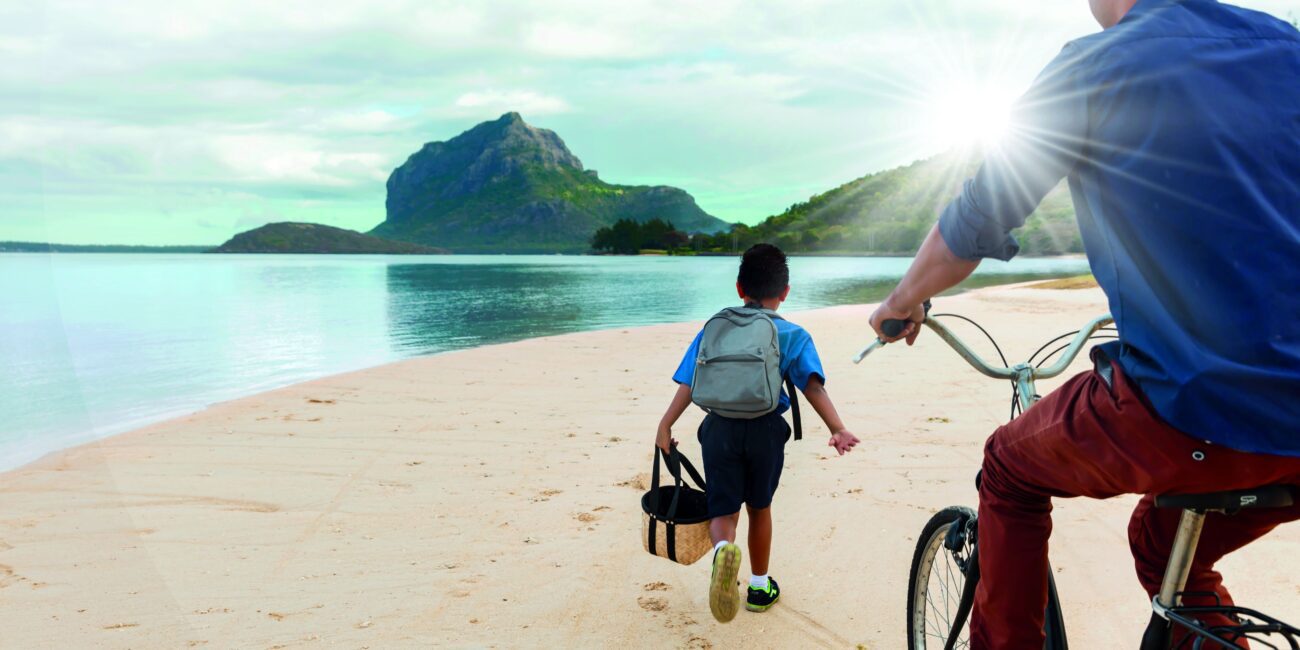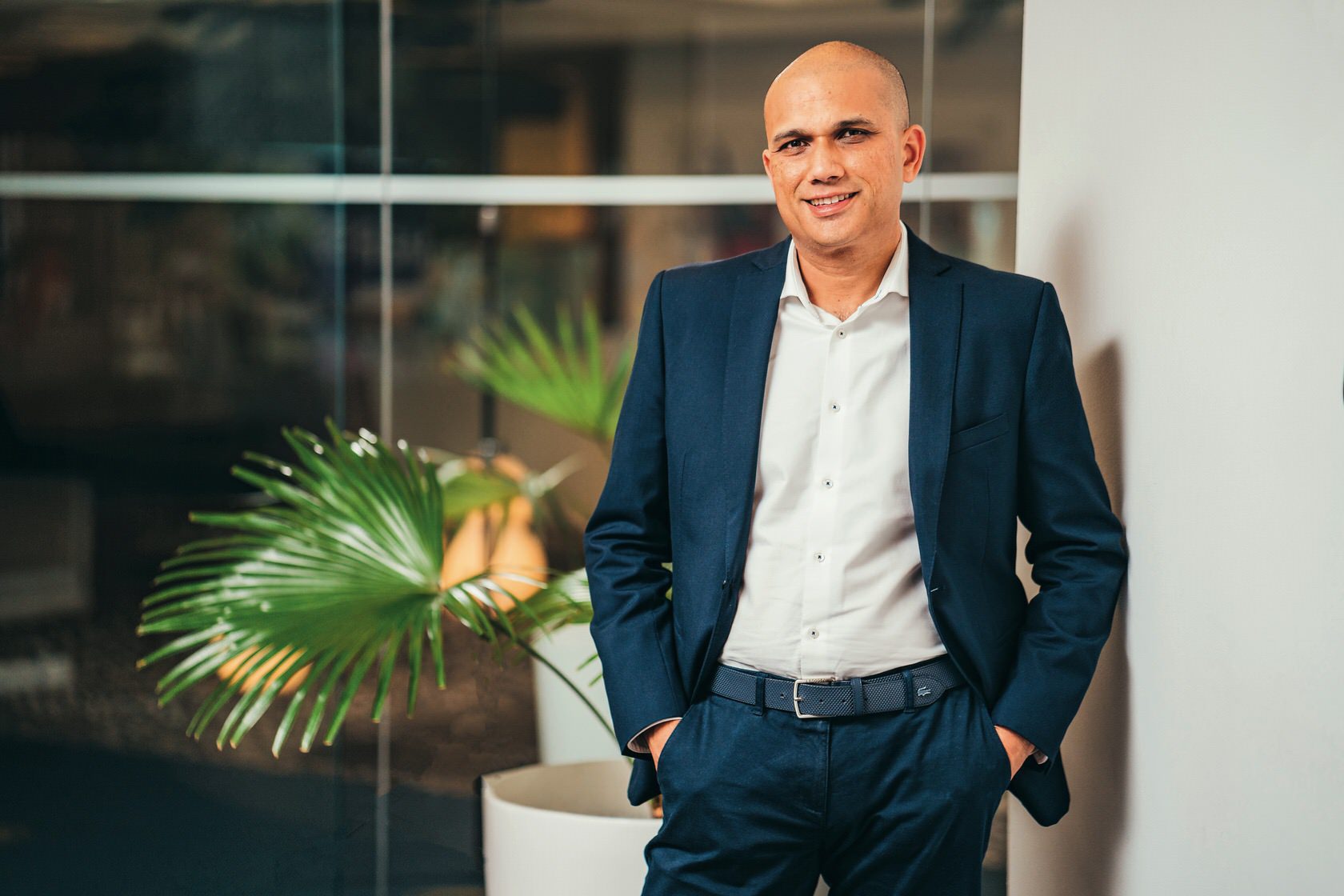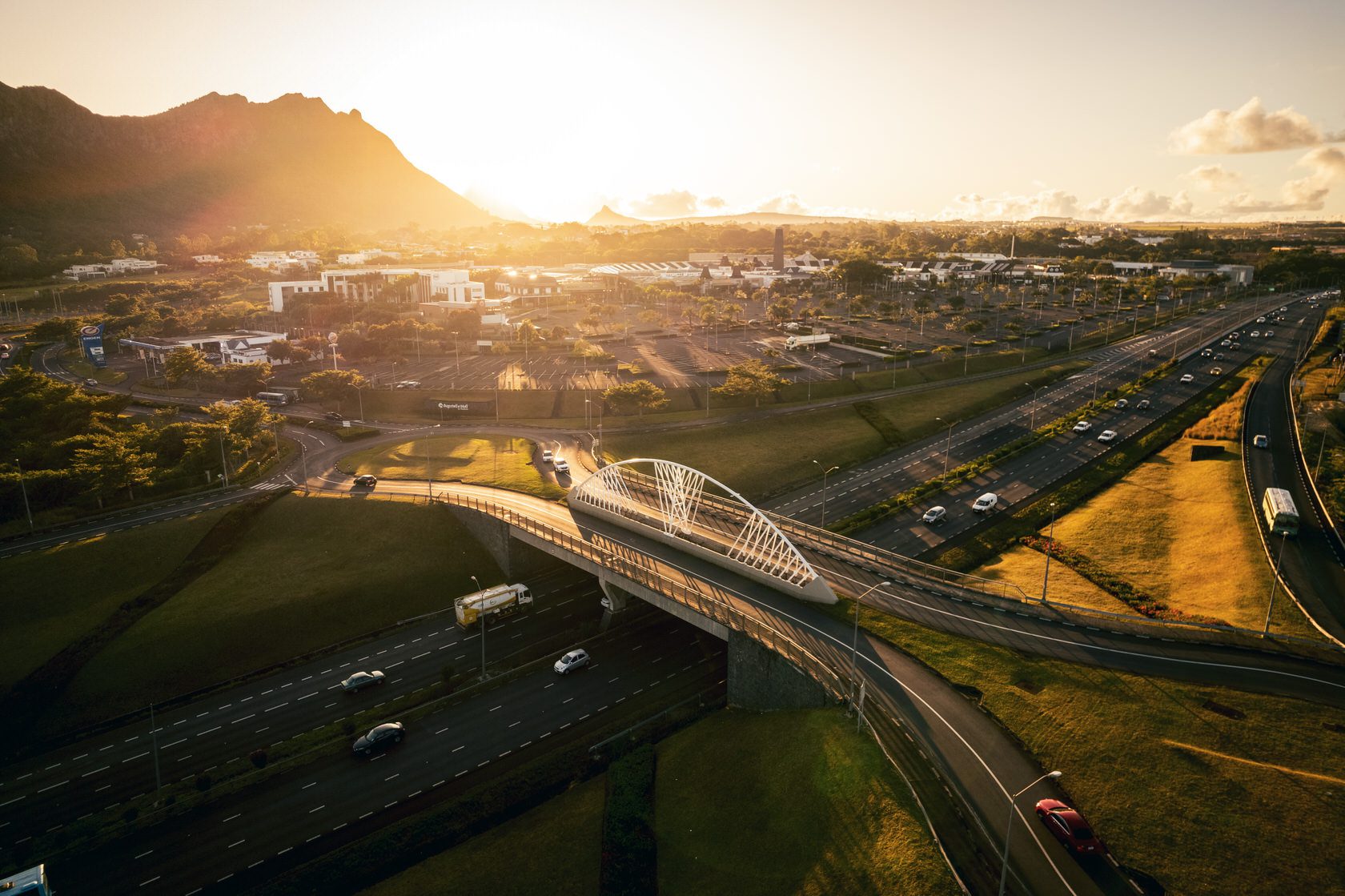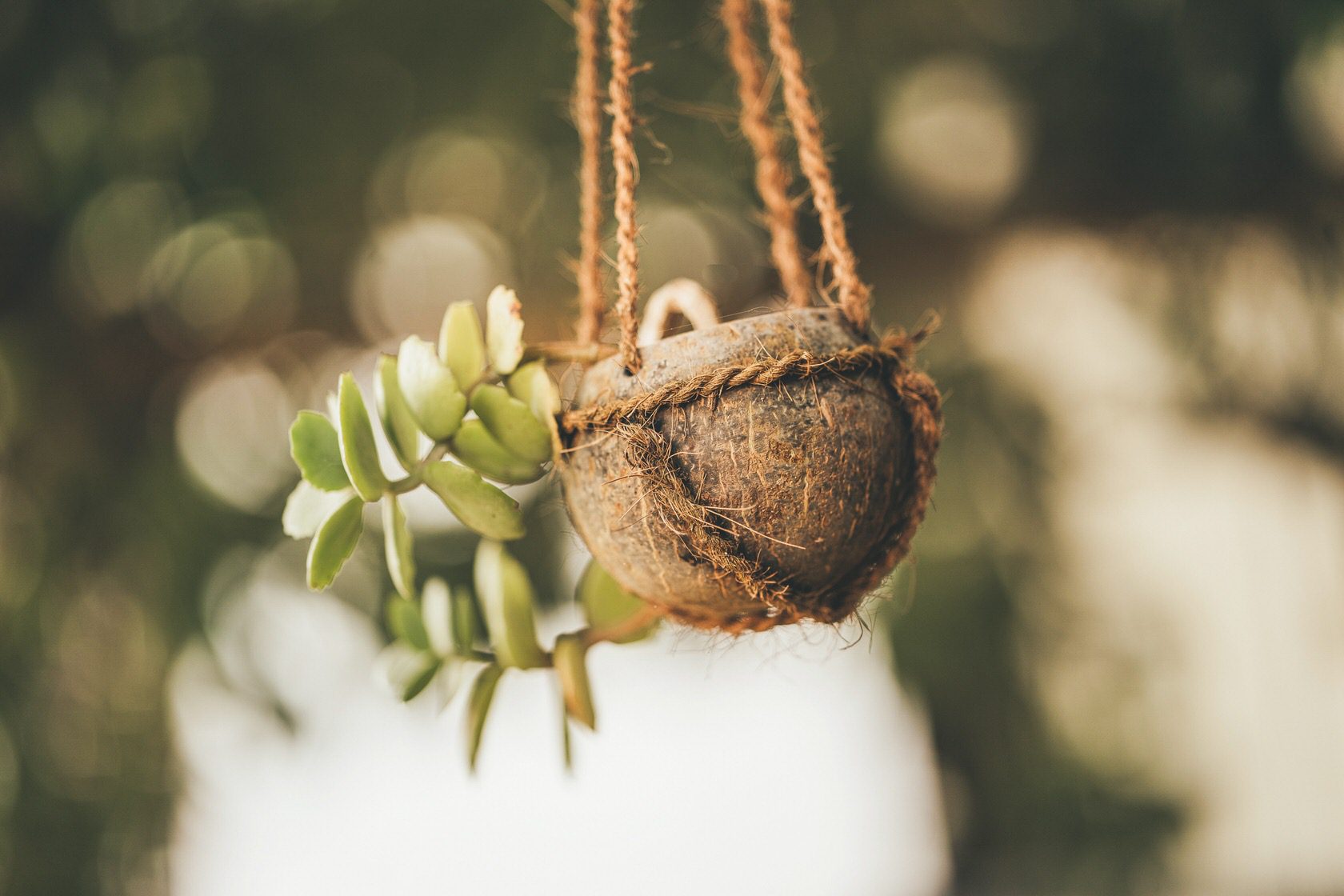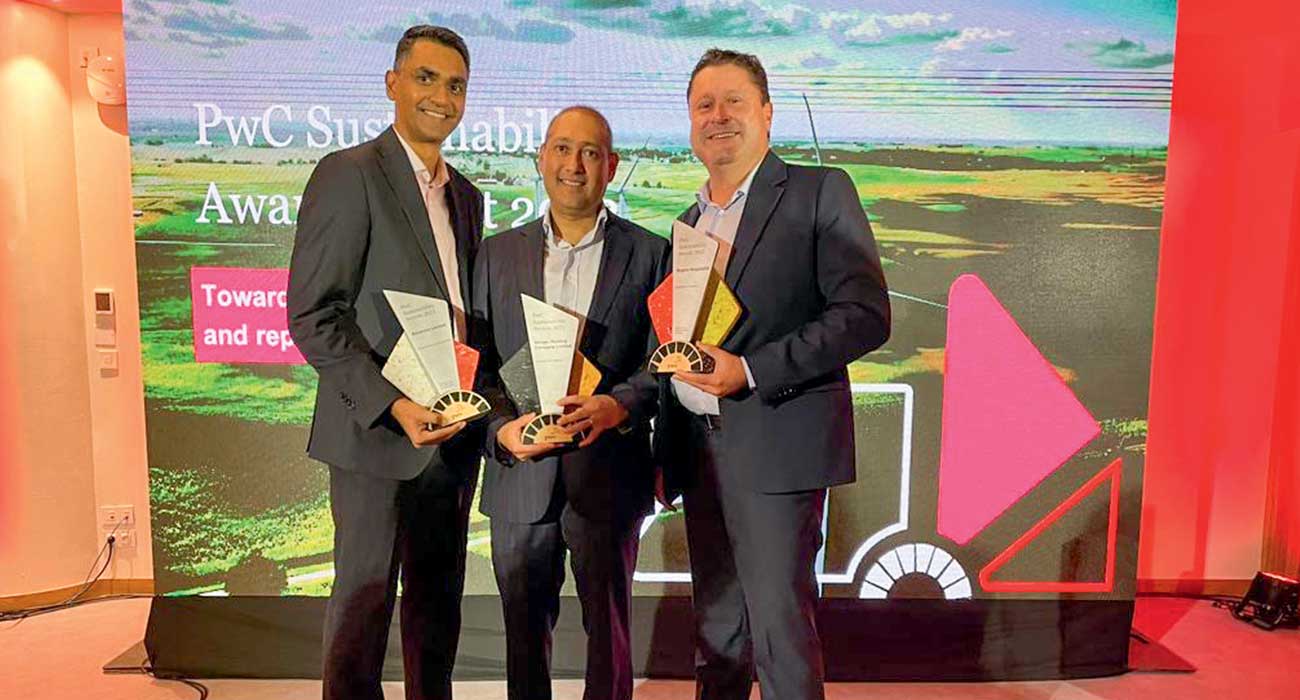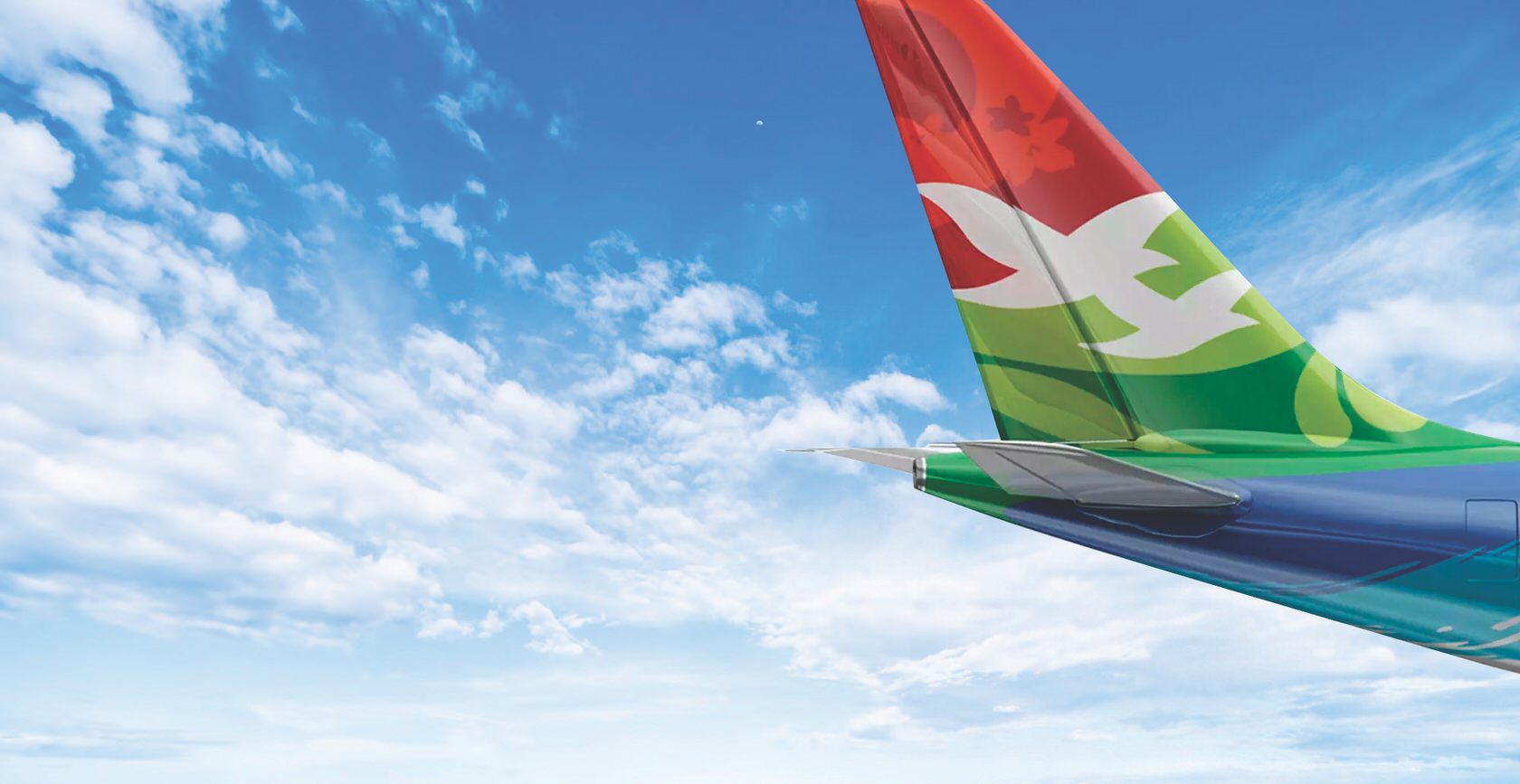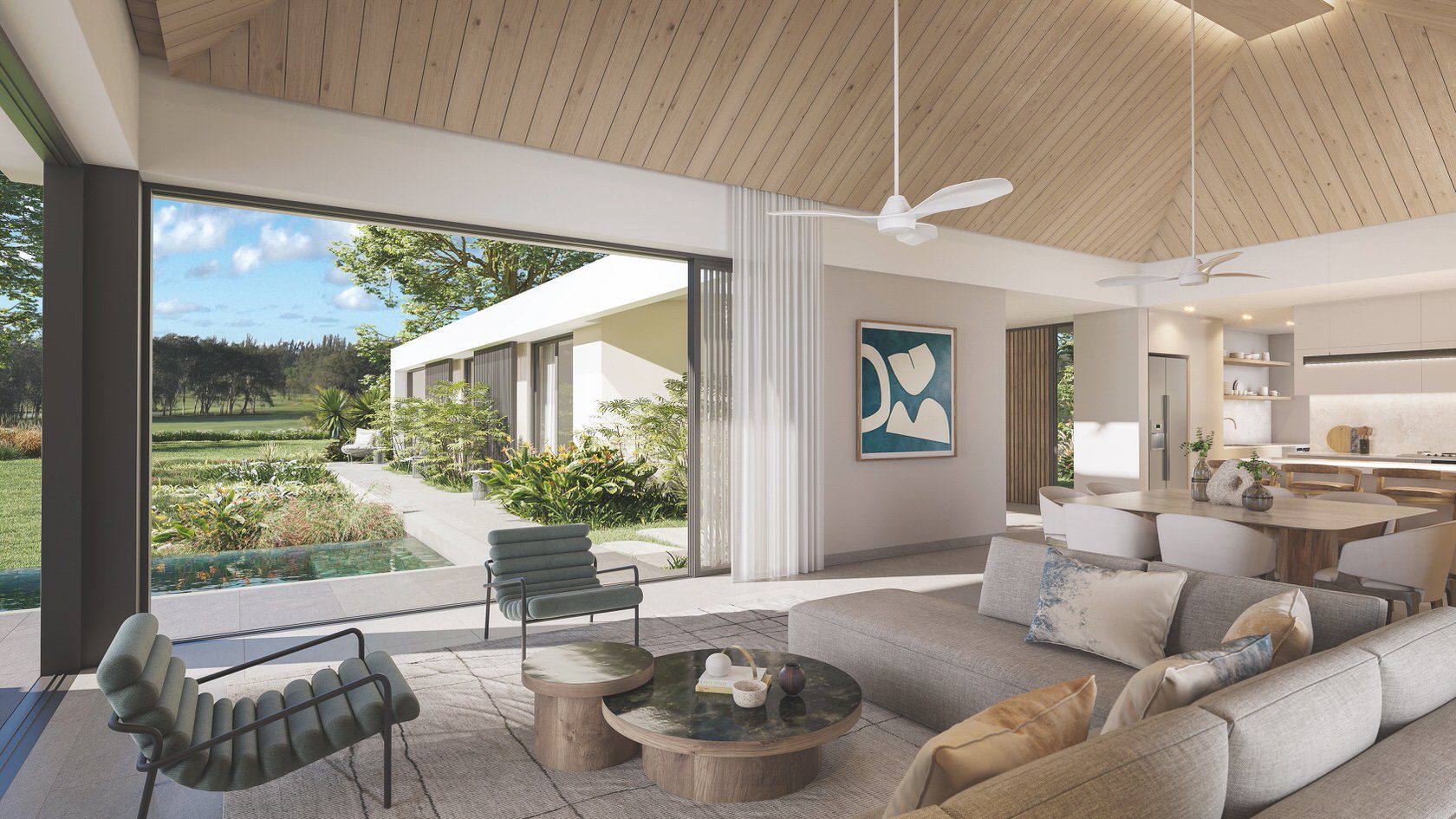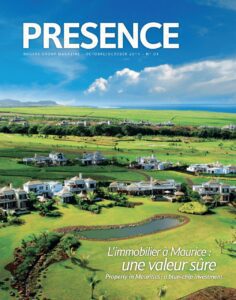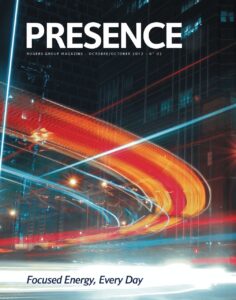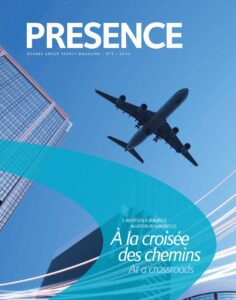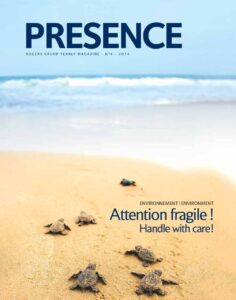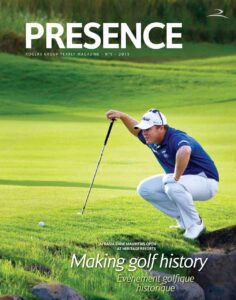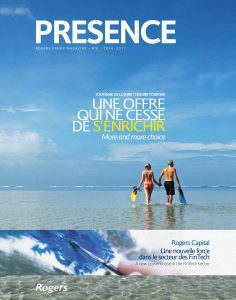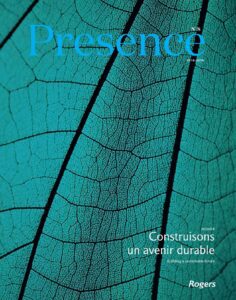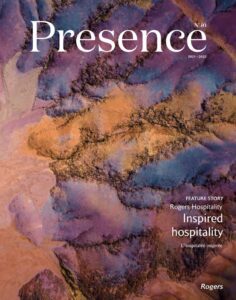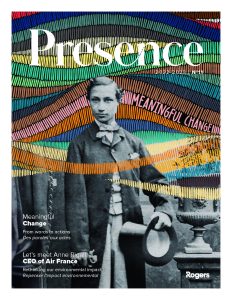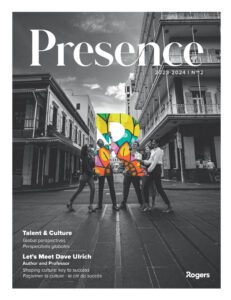Sustainable development is not a buzzword, it is a responsibility. During the past year, Rogers made environmental concerns the focus of its projects. Social and ecological requirements are now integrated into each company’s strategy. Today, the group proudly carries out these responsibilities, which secure our common future.
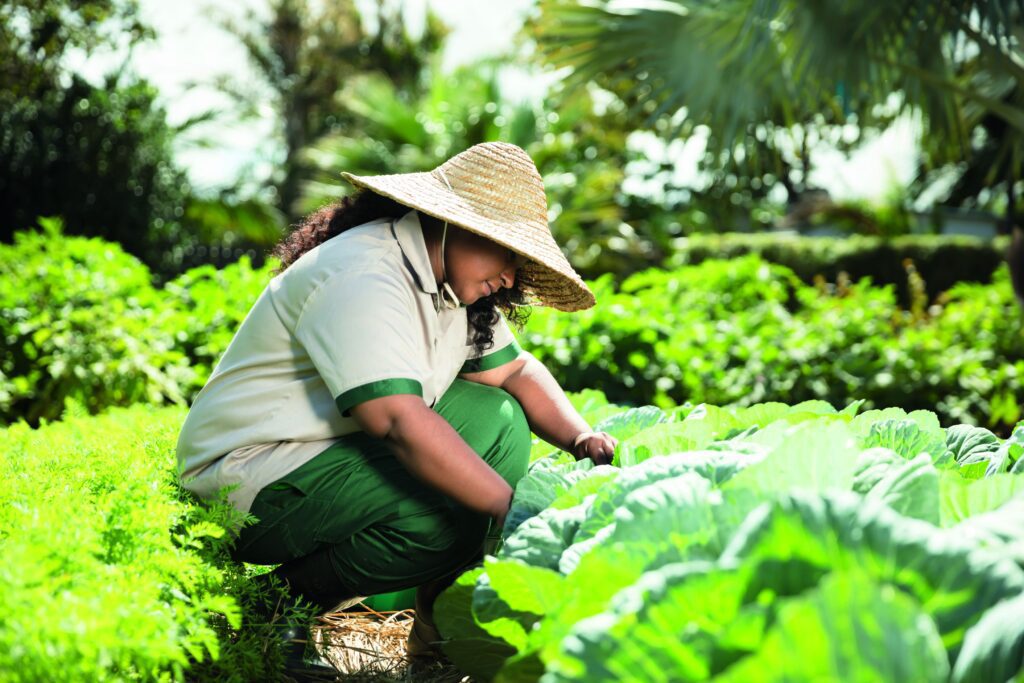
01. The challenges facing organic farming in Mauritius
People in Mauritius are more than ever aware of the importance of healthy eating. Following the issue of reports and warnings against high pesticide use in conventional farming, a growing number of them are choosing to buy organic food products.
Various farms have been trying to meet this demand for the past five years. While the benefits are well-known, organic farming practices are quite demanding. Aurore Rouzzi, a consultant in the field and founder of Sensibio, a company offering training in organic farming, exposes the challenges and proposes solutions to the issues confronting organic farmers.
1. Training
Organic farming is still in its infancy in Mauritius. The first farmers who started to grow organic crops have therefore been learning by doing, sharing tips with each other or looking out on the Internet. Such initiatives reflect the farmers’ motivation. In practice however, they may be faced with issues regarding certain processes that they do not fully understand. Tailored training may help them better grasp the technical aspects of healthy farming. Organisations such as Sensibio, Nomad Co Op, Island Bio and Le Vélo Vert now offer training for those who want to start organic farming.
Organic farming is still in its infancy in Mauritius.
2. Seeds
For the time being, 100% organic seeds are not yet available in the Mauritian market. Farmers have an alternative to use conventionally-grown seeds (with chemical fertilisers) which are not treated after harvesting. Seeds produced by Tézier, Vilmorin and Doigts Verts (authorised by international organic labels) are available from the Mauritius Co-operative Agricultural Federation (MCAF) Ltd and certain DIY stores.
3. Pests
The moisture level on our beautiful tropical island makes it an ideal breeding ground for pests. They don’t need to hibernate during our mild winter and remain active all year round. There are a number of more environmentally friendly pest control methods: the use of natural-based pesticides, biodiversity promotion and the development of shelters to protect crops such as the installation of “tunnels nantais”, thermic film that covers the crops to protect them.
4. Sale of crops
There is currently a limited number of official bodies selling organic fruit and vegetable crops in Mauritius. However, some cooperatives are improving their visibility to facilitate exchanges between farmers and consumers, including Island Bio, Farm Basket or Smart Bio.
5. Organic label
The issue is thus to produce organic crops in Mauritius in the absence of national standards. While the authorities have initiated the relevant procedures, a Mauritian label has yet to be established.
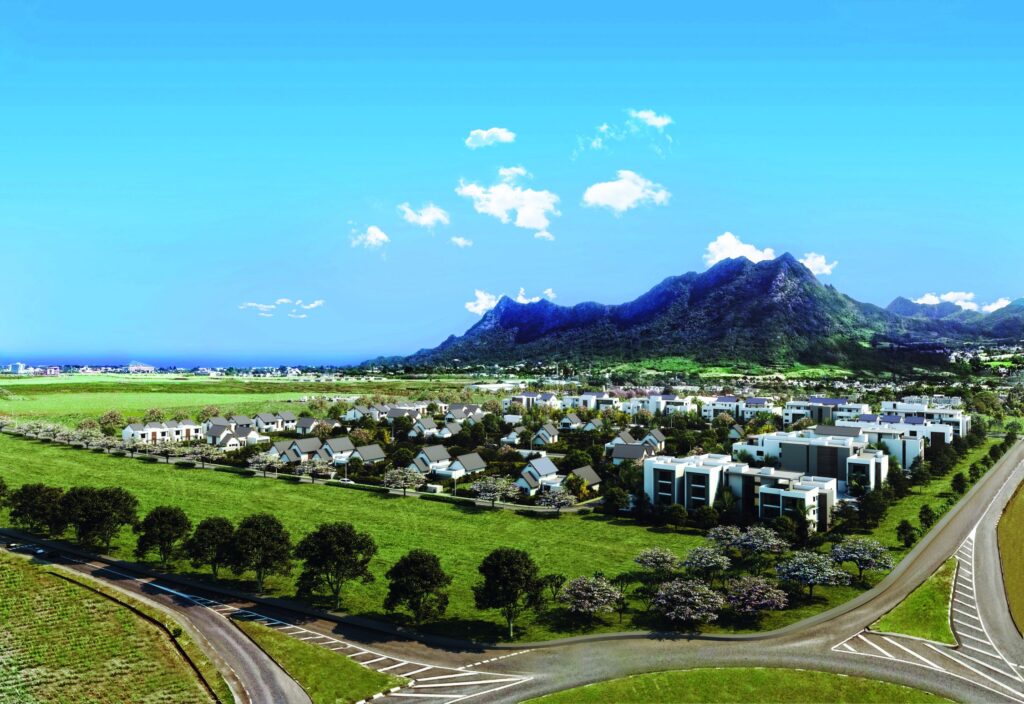
02. Promoting sustainable cities and communities
Achieving sustainable and inclusive growth invariably involves taking a sustainable approach to city and community development. The urbanisation model underpinning the Smart City Scheme follows this approach.
To date, a number of developers have embraced this trend, including the ENL Group. Over the past decade, Rogers’ parent company has incorporated the environmental dimension in redefining the contours of the central part of the island.
The Moka Smart City thus aspires to become the first urban development project in Mauritius – and one of the few in Africa – to meet the Leadership in Energy and Environmental Design (LEED) Neighborhood Development requirements. This internationally recognised green building certification system is administered by the Green Building Certification Institute.
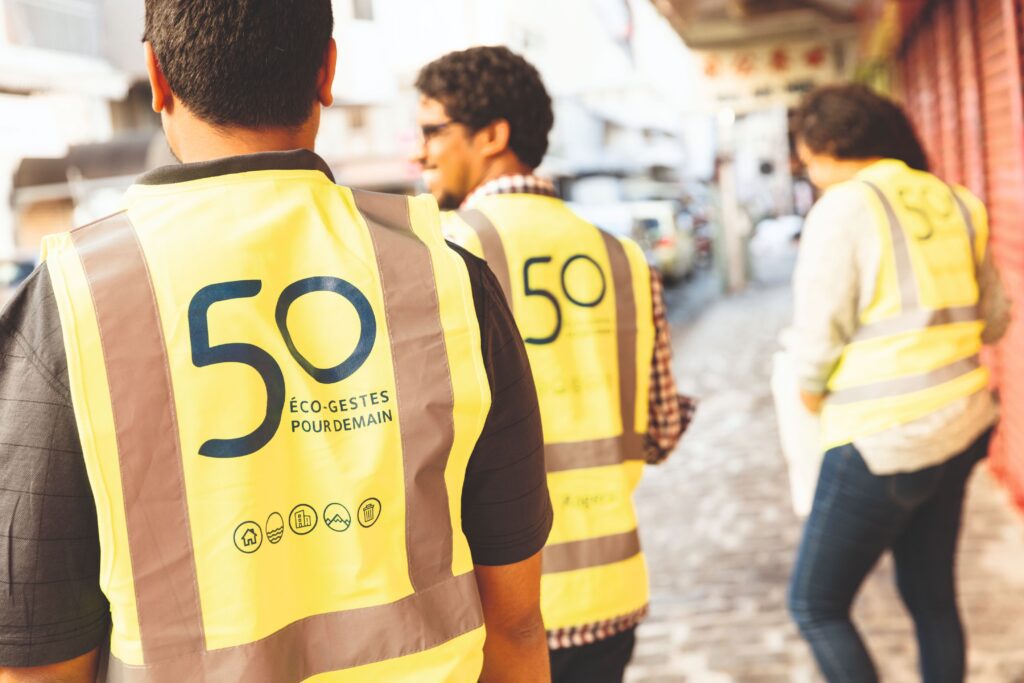
03. Hip Hip Hip, No Waste: Let's become eco-citizens
Hip Hip Hip, No Waste! This cheer sounds like a call to the patriotism of Mauritian citizens. It supports a campaign launched in March 2018 by the Rogers Group to celebrate the 50th anniversary of the country’s Independence through promoting 50 simple eco-friendly gestures for an environmentally responsible lifestyle.
Let’s throw away our wasteful habits! Rogers has launched the Hip Hip Hip, No Waste campaign to mark the 50th anniversary of the Independence of Mauritius, celebrated on 12 March 2018. The aim is to encourage environmentally responsible behaviour among Mauritians. The Group has been committed to preserving marine and coastal ecosystems since 2013 and is now running this initiative designed to minimise our environmental impact through 50 daily eco-friendly gestures. This campaign carries a simple message: we all can and must take action, whether at home, at the office, on the beach, on the street or in nature.
The Group has been committed to preserving marine and coastal ecosystems since 2013 and is now running this initiative designed to minimise our environmental impact through 50 daily eco-friendly gestures.
The campaign kicked off with a plogging event that took place in Port Louis. This new trend from Sweden combines jogging and picking up litter from the streets. This first event was followed by a second one in June with strong participation from employees of the Group’s head office and subsidiaries.
Awareness-raising
Rogers has also taken a constructive and educational approach by launching an interactive page on its website showing these eco-friendly gestures in their specific context. Visitors can watch videos that illustrate the critical importance of awareness-raising. “Rogers doesn’t pretend to give lessons through this campaign. We are offering support, education and awareness because we feel concerned about the situation.
1300
of solid waste are currently dumped in landfills daily.
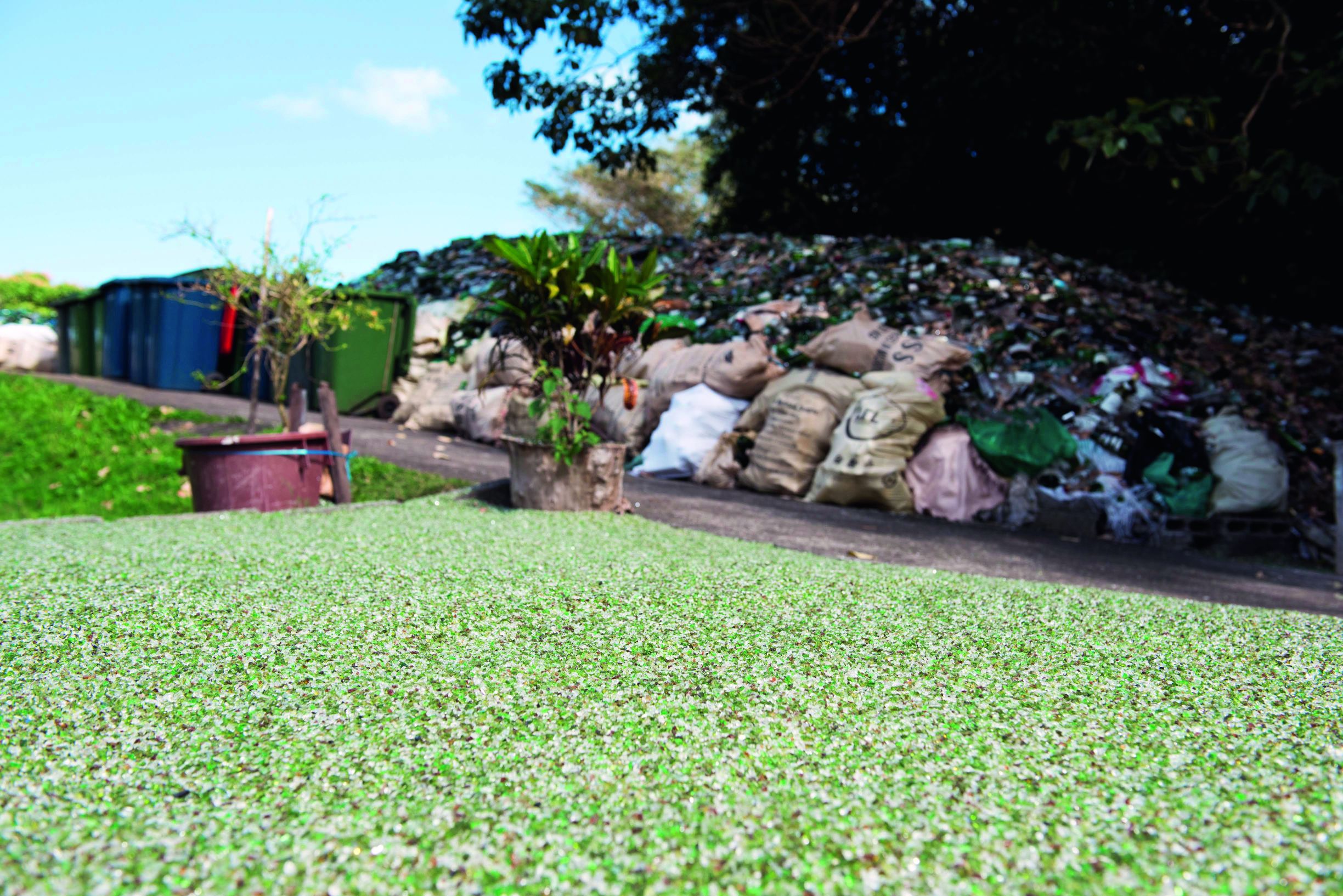
Above all, our approach aims at bringing all Mauritians together and encouraging them to use their energy for a good cause,” says Rogers’ Chief Marketing and Communication Executive, Karine Curé.
It was important for Rogers and the Group’s subsidiaries to get employees to embrace this commitment and participate in environmental citizenship projects. Heritage Resorts and Veranda Resorts have carried out a bulky waste collection in their surrounding areas. Children of the region who are about to complete their primary schooling were also involved through an inter-school competition. They were asked to create everyday objects made from waste.
For a weekend, the common areas of Bagatelle Mall were turned into a Green Market. In addition to promoting greener products, this initiative gave NGOs the opportunity to raise awareness among visitors to the mall. Ocean Basket, an Island Living brand, has banned plastic straws from its restaurants.
Let’s recycle our waste
Hip Hip Hip, No Waste is a two-pronged campaign that aims at reducing our energy use and the volume of waste generated. About 1,300 tonnes of solid waste are currently dumped in landfills daily, including the main one in Mare Chicose, which will be saturated by 2020.
E-wastes are a perfect example, both for the risk they pose to the environment and their economic potential. They contain chemicals that are harmful to people and nature, but also heavy metals such as aluminium, zinc and lead and precious metals which can be recovered and reused.
Rogers leveraged this awareness to create a process and channels for collection across its subsidiaries, whose waste is handled by a specialised company. This project is closely monitored in conjunction with the Sustainability Managers of all companies within Rogers. This will support the development of a circular economy which offers great hope through opening new perspectives for economic and social development as well as securing a brighter future for the country.
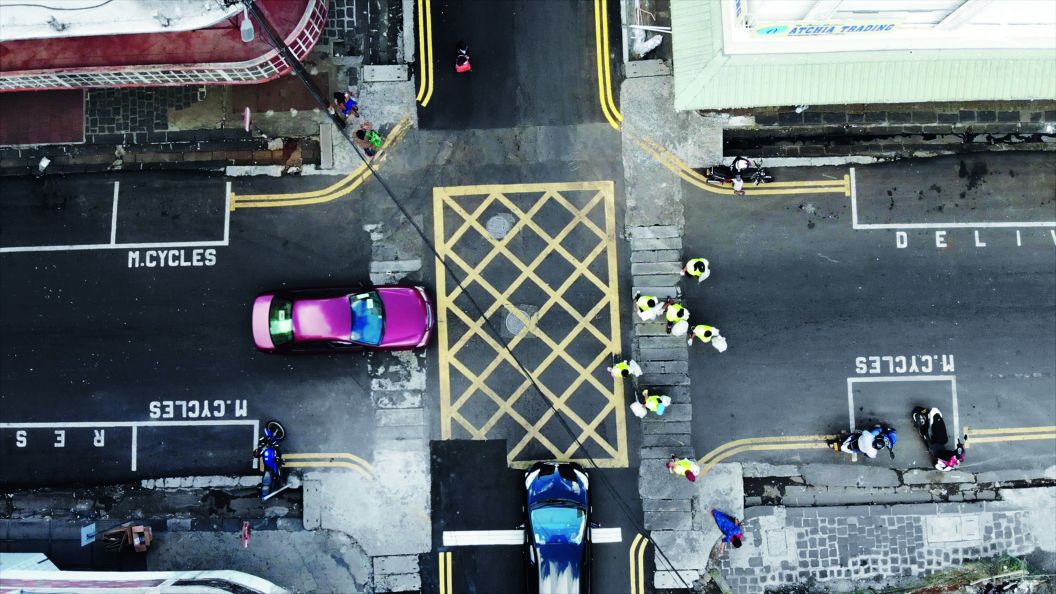
The Plankton Recycling Co-operative Society’s glass recycling and recovery facility produces aggregates for use in decorative applications, swimming pool filters and construction and flooring materials. The project was launched in 2011 by the former Bel Ombre Foundation for Empowerment with the support of hotels in the region. It singles out for its successful transition to self-management since 2015. This sustainable waste management approach also contributes to raising awareness and involving the local community’s support in preserving the Bel Ombre region.
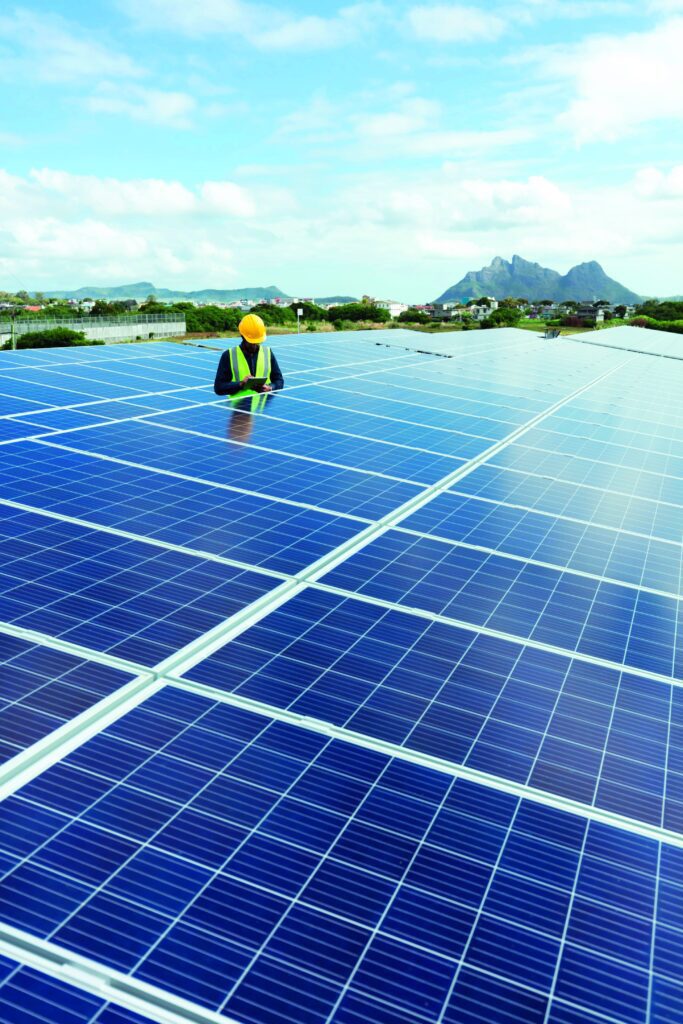
04. Reduction of carbon emissions and alternative energy production
The Group’s property investment company, Ascencia is resolutely moving towards clean energy as part of an energy-efficient strategy to reduce its shopping malls’ carbon footprint. The launch of a Rs 55 million photovoltaic farm on 31 July 2018 at Phoenix Mall marked a significant first.
2282
modules installed on the rooftop of the Phoenix Mall by EnVolt
EnVolt, an ENL Group start-up specialised in supplying clean and renewable energy, has installed 2,282 photovoltaic modules on the mall’s roof to generate up to 730 kilowatt-peak (kWp), the standard measure for output of a photovoltaic system. Phoenix Mall will produce 28 % of its annual capacity (just below the limit allowed by the Central Electricity Board’s Medium Scale Distributed Generation Scheme), thus reducing its carbon footprint by approximately 440 tonnes a year.
This project paves the way for similar initiatives in all Ascencia malls, with a total investment of about Rs 220 million to find a balance between economic development and environmental considerations. Once all clearances have been obtained, photovoltaic systems will be installed at Les Allées and Kendra, and then at Bagatelle Mall. The other malls will soon follow suit.
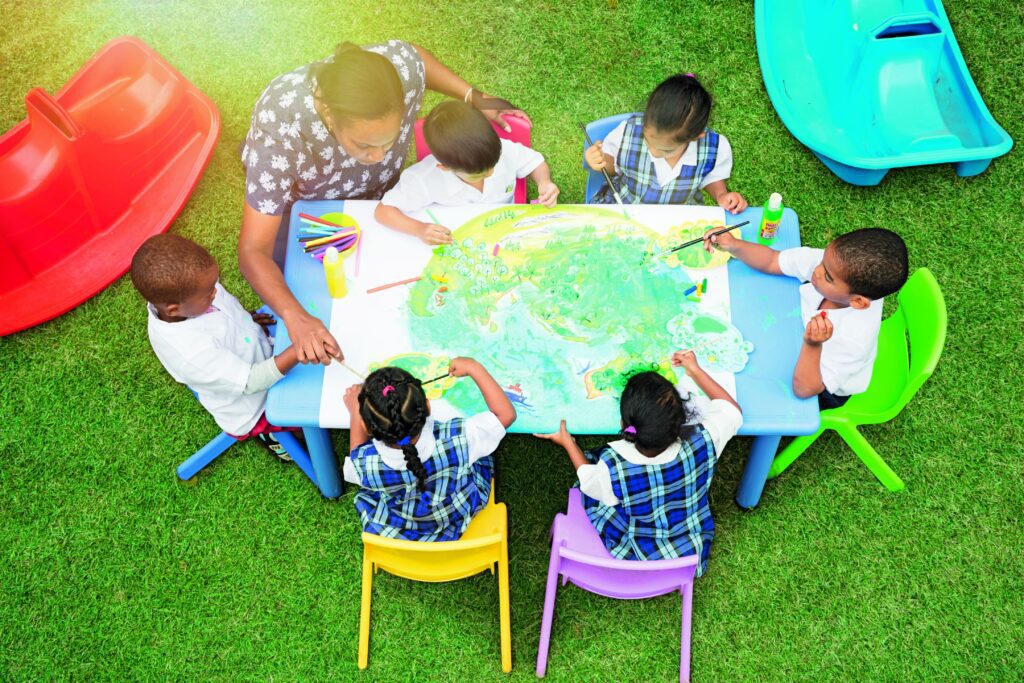
05. Veranda Leisure & Hospitality, a lead actor of an inclusive development
Inclusive growth enables people to contribute to and derive lasting benefits from their region’s economic growth. All hotels in the Veranda Leisure & Hospitality (VLH) portfolio have signed up for this approach.
VLH’s three- to four-star hotel brand, Veranda Resorts intends to contract out festive season gifts for guests to local associations. In the near future, the brand’s properties will also give travellers the opportunity to take part in community development by connecting them with local non-governmental organisations (NGOs) such as La Caze Lespwar and Lovebridge.
At Heritage Resorts level, local women have been able to secure employment with Heritage Villas Valriche after receiving training in housekeeping. The five-star brand also provides support to children in the South through the Caritas NGO. In addition, the development of the leisure sector has yielded employment and income prospects for local economic operators. Heritage Resorts’ properties are also deeply involved in environmental protection.
“Taking an inclusive growth approach will stimulate the regions in which our hotels are located and position us as a partner in sustainable economic and social development,” says Candice Couacaud-Yon, Group Communication Manager of VLH.
Moreover, the group is planning a 30% increase in its hotels’ training budget to promote human resources development and attract more local talent.
Heritage Resorts’ properties are also deeply involved in environmental protection.
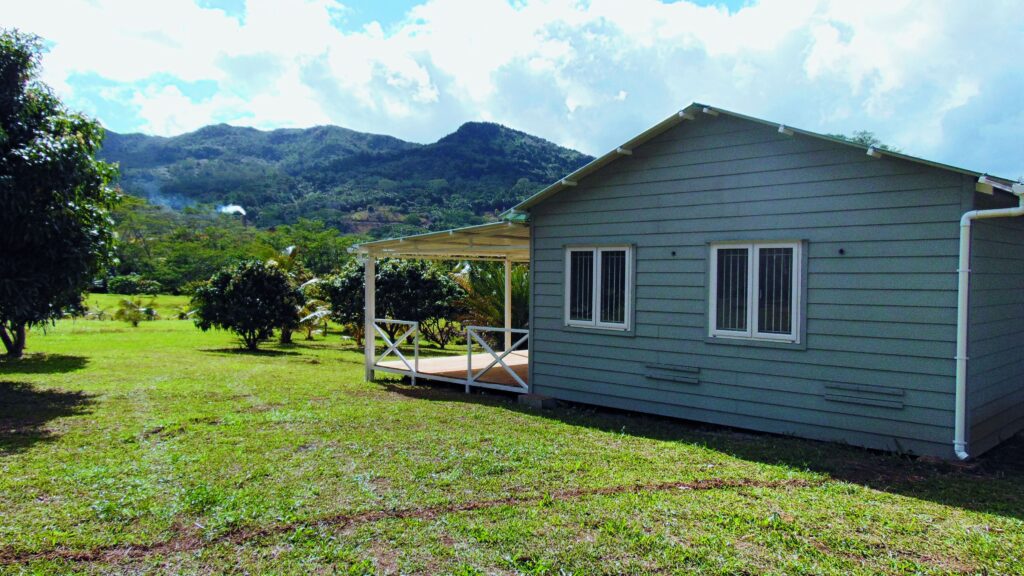
06. Turning Containers into Living Spaces
Velogic has been undertaking professional and industrial container recycling since 2008. After having been shipped around the world on cargo ships, carrying tons of goods, the containers are used for a different purpose. They are transformed into houses for individuals or offices for companies, schools or NGOs.
Doors and windows, painting, coating, insulation, electrical circuitry, flooring, sheet metal roofing, wooden terrace… every possible effort is expended to make these containers functional and comfortable. For houses, schools and NGOs, 80% of the transformation process is carried out in Velogic’s workshop with assembly at customers’ premises. Offices are delivered directly to customers after assembly.
“An advantage of this concept is that it is 10% to 20% cheaper than traditional construction and the construction time is five to seven times faster,” says Velogic’s Manager – Workshop, Yannick Le Blanc. “We also offer turnkey houses, saving clients from having to deal with multiple service providers during construction.”
This project draws on the know-how of Velogic’s employees and current demand in the Mauritian market. The company has recycled more than 800 containers to date and there is growing interest in recycled containers.
800
containers have been recycled to date
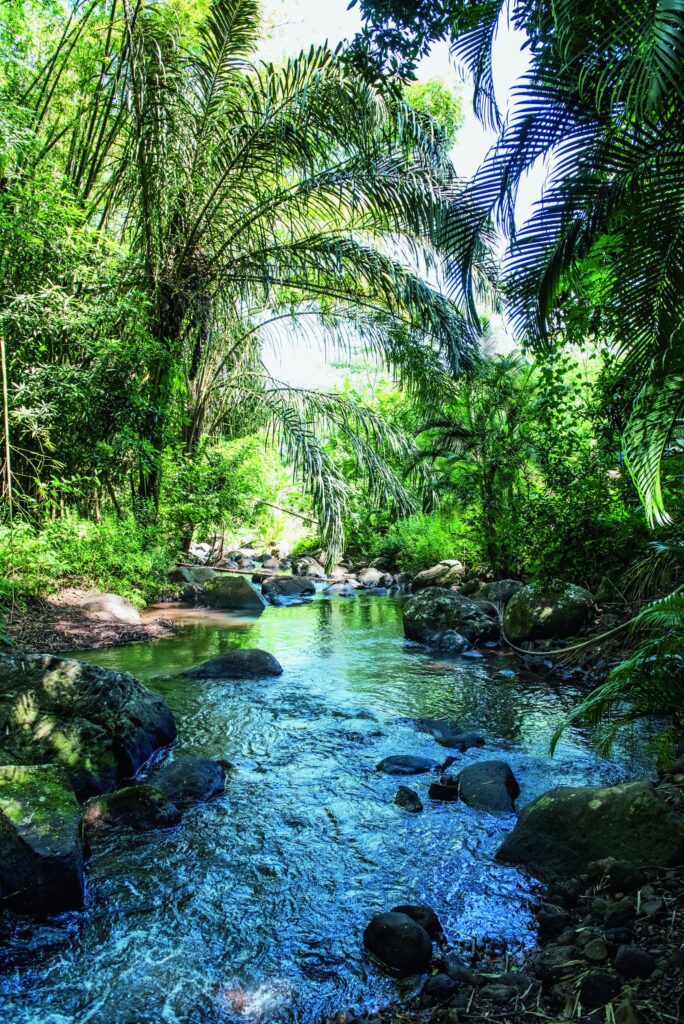
07. The preservation of fresh waters: a new challenge for REEF Conservation.
REEF Conservation has been working for the conservation and restoration of the coastal and marine environment of Mauritius for over 10 years with the help of various partners and sponsors including the Rogers Foundation. These days, the members of the NGO are addressing a new challenge: the preservation of fresh waters – as rivers and streams are the routes through which these waters reach the lagoons and ocean.
Fresh waters represent only 2.5% to 3% of all the water on earth. In Mauritius, the main sources of surface fresh water are lakes, ponds, rivers, streams and wetlands… “Fresh water usually contains less than one per cent of salt or have a salinity of less than 0.5 parts per thousand (ppt),” says Kathy Young of REEF Conservation.
The NGO has noted that some of the most important threats to these natural resources is the dumping of waste, chemical and pesticide input from agriculture, uncontrolled development with destruction or degradation of habitat, introduction of invasive plant and animal species and flow modification.
Although the biodiversity of fresh waters in Mauritius is still greatly unknown, we are aware that they house more than one hundred species of fish, crustaceans, molluscs, insects and amphibians, which are now threatened. The pollution of fresh waters has an impact not only on these natural habitats but also on the marine environment as a whole. A holistic approach to protecting these integrated and essential ecosystems is thus needed.
Keeping this in mind, REEF Conservation is building partnerships to implement a long-term vision through educational programmes, awareness campaigns, research, restoration and conservation actions, to highlight and help preserve freshwaters in Mauritius.
The pollution of fresh waters has an impact not only on these natural habitats but also on the marine environment as a whole.

